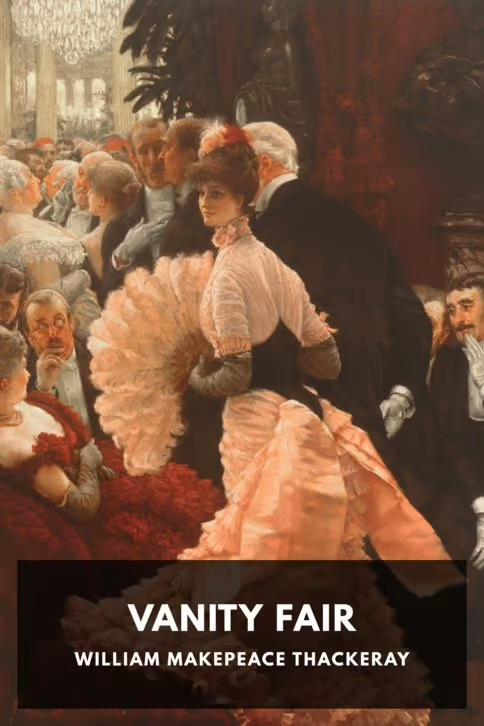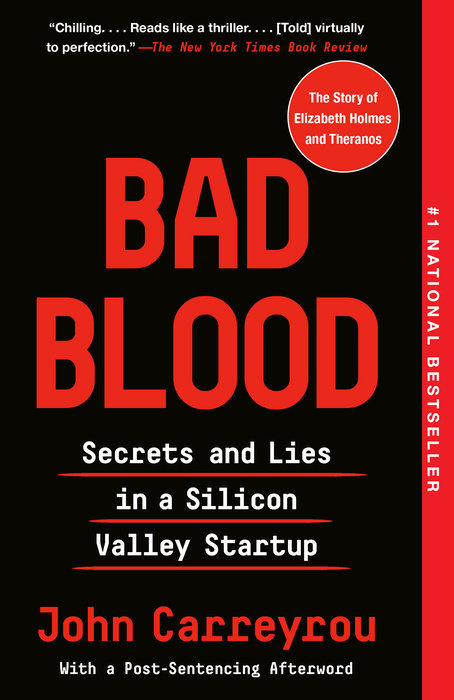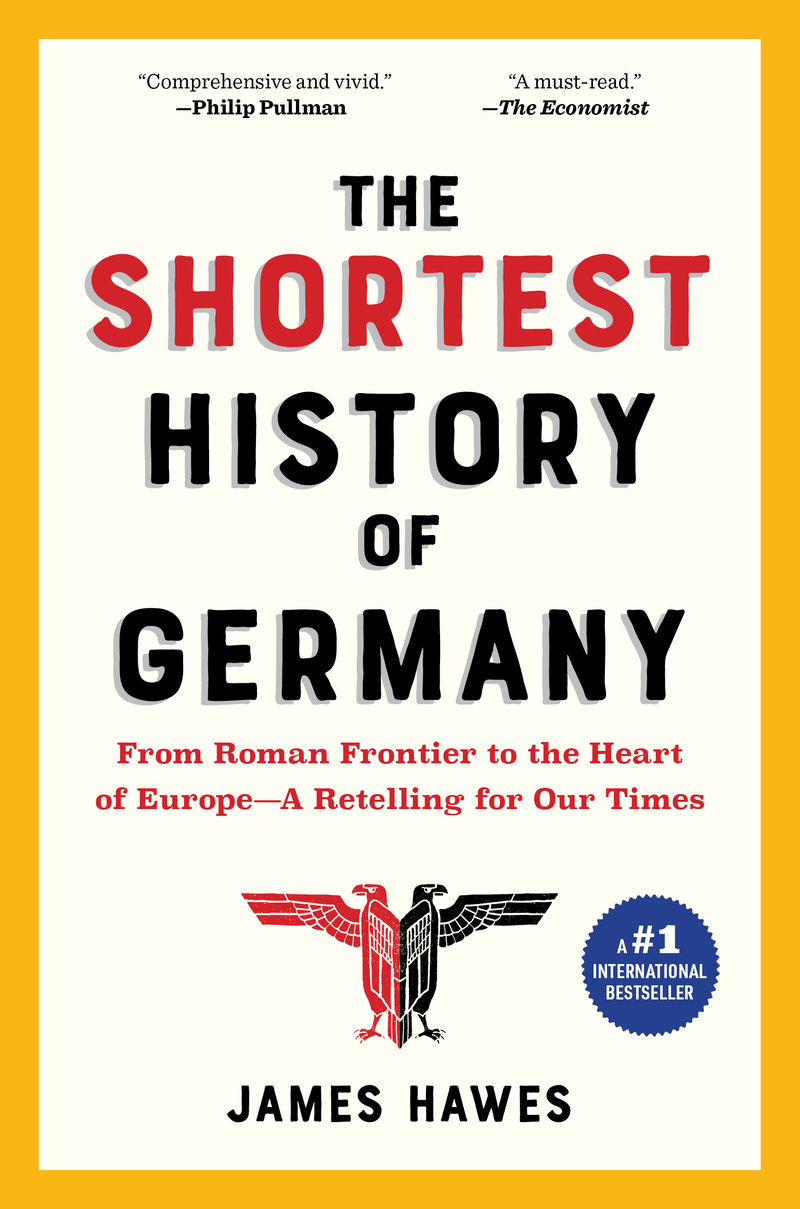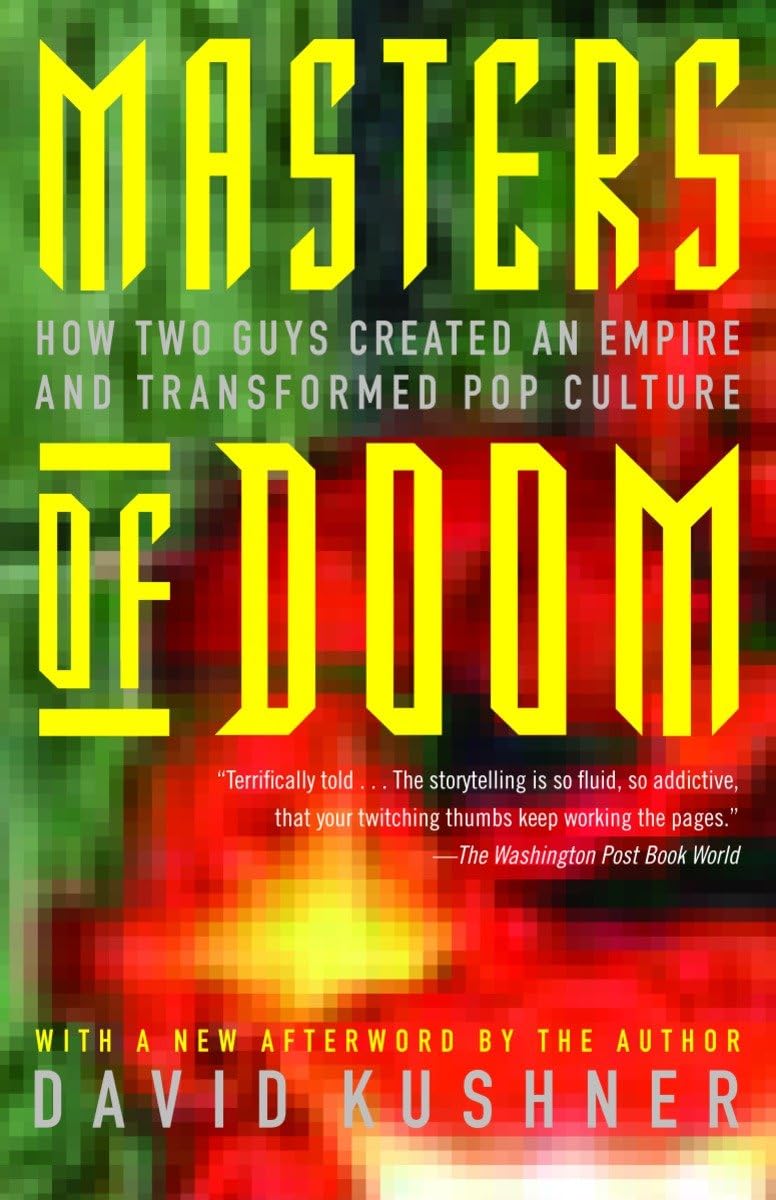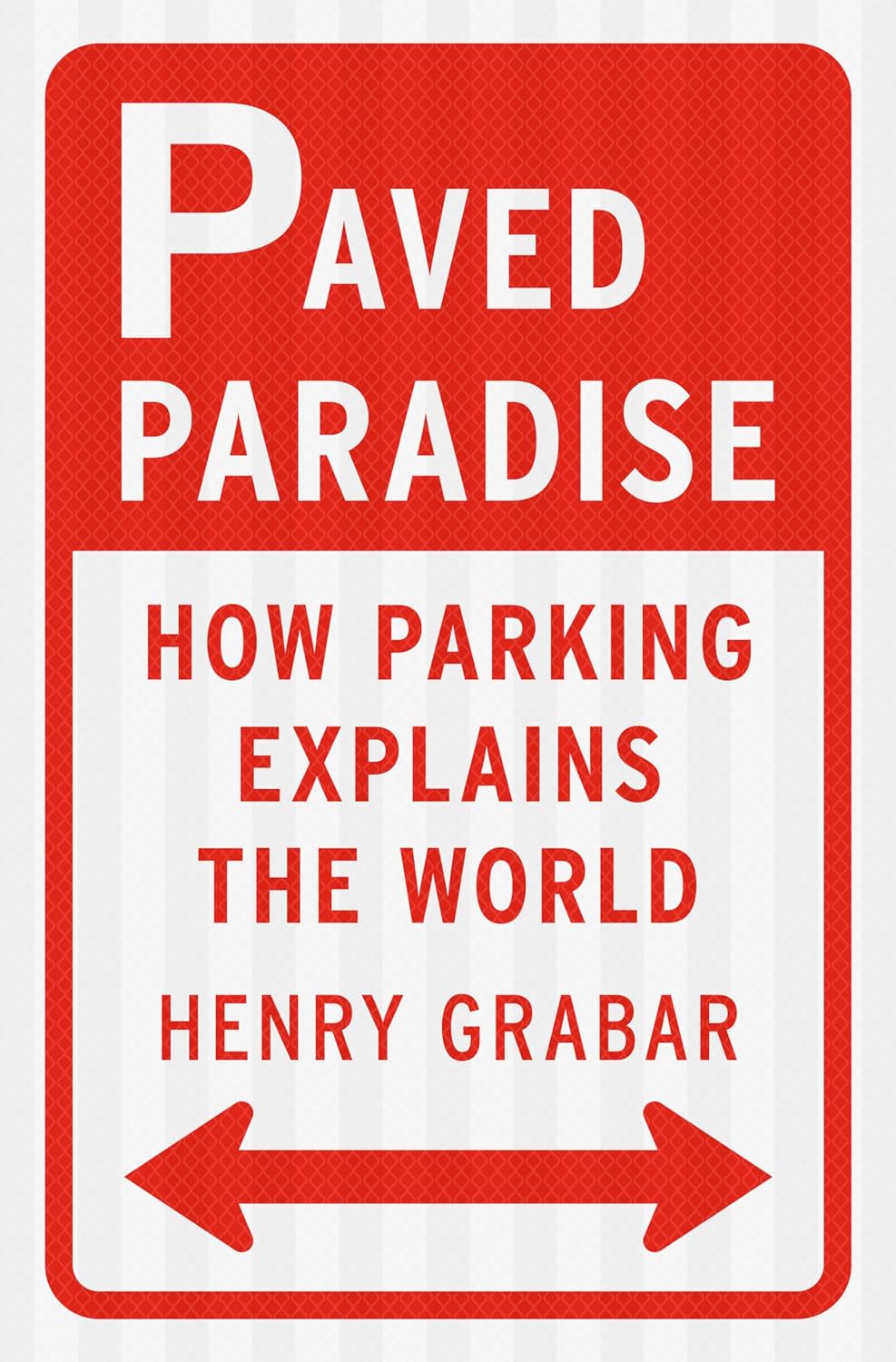My favorite books of 2023
#
I read 24 books in 2023. Here are some of my favorites:
Vanity Fair, William Makepeace Thackeray
In my quest to improve my liberal arts education, I sometimes like to read classic novels (“homework reading,” if you will). I decided to give the Standard Ebooks version of Thackeray’s classic a try. I found Vanity Fair very funny, especially the first part as Elizabeth schemes to snag a rich husband. It reminded me of a modern sitcom like It’s Always Sunny In Philadelphia or Curb Your Enthusiasm where every character is a horrible person. The subtitle “A Novel Without a Hero” is apt.
Bad Blood: Secrets and Lies in a Silicon Valley Startup, John Carreyrou
My coworker recommended Bad Blood and I was not disappointed. Despite being somewhat familiar with Elizabeth Holmes and the Theranos story, it was even more wild than I thought. I think the most charitable read is that Holmes was trying to “fake it until you make it” and really believed that they would ultimately succeed in developing the technology she said they had. But in the process of doing that, she and her company committed fraud and hurt ordinary people who relied on accurate tests for their health care. It was also sad and revealing how easily Holmes manipulated powerful people (mostly older men). I guess rich people are just as gullible as everyone else.
The Shortest History of Germany: From Julius Caesar to Angela Merkel — A Retelling for Our Times, James Hawes
I learned about this book from a Twitter (RIP) thread about modern election results reflecting historic political divisions (here is the post about this book). Hawes overlays the electoral strength of the far-right in modern Germany with the Prussian state, which (in his telling) has a long history of militarism born out of a sort of settler colonialism due to warrior nobles carving out territory from Slavic majorities.
Hawes argues that the “original sin” of nineteenth and twentieth century German militarism can be traced to the territories in what is today western Germany given to Prussia after the fall of Napoleon. Unlike Prussia, which was primarily agricultural/aristocratic, these western territories industrialized rapidly. Prussia was able to subsidize its ambitions primarily due to this industrialization, and the division (and subsidization) is still present in Germany today.
Since 100 AD, south/western Germany has belonged to Western Europe. It was only in 1525 that a new, essentially non-western Germany appeared on the scene: Prussia. The western Germans, meanwhile, were so far from being natural warmongers – or inherent state-worshippers – that they were unable to unite. More and more, their lands became battlefields and potential colonies for their stronger neighbours. Then, in 1814, Prussia, at that time a mere client of Russia, was massively strengthened by an epochal stroke of folly. Britain, which, like Trumpists today, positively wanted Europe to remain a mess of competing states, gifted it a modern industrial region on the Rhine. In 1866, south/western Germany was defeated in battle, and shortly afterwards absorbed, by this fatally muscled-up Prussia, a country which, by most of the normal standards of European nationhood – history, geography, political arrangements, religion – was entirely foreign. This was the great deformation. Henceforth, all the wealth, industry and manpower of southern and western Germany were channelled into Prussian ambition. This aimed always at one thing above all: hegemony over Poland, the Baltic lands, and northern-central Europe, in alliance with Russia if possible, through a showdown with Russia if need be. The millennial struggle ended in 1945 with the blood-boltered extinction of Prussia, down to its very name. Western Germany was free at last. In 1949, it finally became a true political entity.
I don’t have a strong enough background in German history to validate this thesis, and it’s clear that Hawes has strong integrationist views and a bias for the culture of the old Roman west. But it is an interesting idea with plenty of parallels to other right-wing movements. It’s fascinating how old political divisions are still visible in modern electoral results, hundreds or thousands of years later. The story of the rise of Prussia also ties into the history I’m learning about right now in the Age of Napoleon and The Siècle.
(It seems this book got a new subtitle after Merkel’s retirement. I couldn’t find an image with the original subtitle.)
Masters of Doom: How Two Guys Created an Empire and Transformed Pop Culture, David Kushner
Doom came out 30 years ago. Playing Doom II and following the early proto-blogs that covered the development of Quake were a big part of my teenage years. I even roadtripped to QuakeCon in 1997. (My claim to fame is losing to Killcreek in the deathmatch tournament.) Reading this book was a major nostalgia trip. I enjoyed reading about the early days of id. The firings and .plan drama, I remembered following at the time. Some of the stories seemed vaguely familiar, like how id moved to in Madison, Wisconsin and only moved away because the winter sucked (I like to think there’s a parallel universe where Madison is a major video game hub.). I really enjoyed reading this, but after I finished it, I looked back through my list of books and discovered I already read it! Not only did I forget I read this book, but I forgot almost everything in it. And I didn’t pick it as a favorite back in 2014, either.
Paved Paradise: How Parking Explains the World, Henry Grabar
I don’t need to be convinced that parking ruins cities, but that’s not really what this book is about. It’s about how cities got the way they are now, and the fight to reclaim some of the space that’s been given over to cars. This book also gave me some perspective on why people go so crazy over parking. It’s quite simple: if you can’t park your car, you can’t get out. You are stuck. A parking spot literally stands between you and living your life. And unlike any other thing in life, we demand parking be unlimited and free:
It’s not hard to grasp what makes parking a fixation: without a place to park, you can never get out of the car. A parking space is nothing less than the link between driving and life itself. Whoever said life was about the journey and not the destination never had to look for a place to park. Every trip must begin and end with a parking spot, and in no uncertain terms. We expect parking to be immediately available, directly in front of our destination, and most important, free. This is unique. It would be unimaginable to hold any other good or service to the same standard.
Gabar quotes Joel Garreau’s Edge City on the two rules that developers use:
An American Will Not Walk More Thank Six Hundred Feet Before Getting Into Her Car
To Park An Automobile Takes Four Hundred Square Feet
This is an vise that’s hard to escape from. It creates a “Valley of High Parking Requirements” which makes mid-sized structures impossible to build because parking is too expensive. I consider myself an urbanist. At one point I hoped, eventually, suburbs could be rebuilt at a more human-friendly scale. In the last year, I’ve spent more time in these edge cities and the scale is absolutely mind-boggling. This is where most people live and there’s no rebuilding it. It’s too spread out. At this point, I think the best we can do is preserve and defend our dense cities as car-light spaces. Maybe, if we’re lucky, we can expand walkable spaces in older cities and inner-ring suburbs.
There were also a couple of books that don’t quite rise to favorite status, but I got something out of.
- Algorithms to Live By: The Computer Science of Human Decisions, Brian Christian and Tom Griffiths: This is a self-help book dressed up with some computer science. It changed my life. Or at least, how I put away my clothes. The authors suggest an “LRU caching” approach to organization. That is, don’t organize your clothes by type, just put your clean laundry away in the front.
- The Wizard and the Prophet: Two Remarkable Scientists and Their Dueling Visions to Shape Tomorrow’s World, Charles C. Mann: This is a book contrasting the ideologies of two connected scientists, Norman Borlaug and William Vogt. Borlaug won the Nobel Peace Prize for his development of new crops that largely eliminated famine. Vogt is obscure today, but his warnings of overshoot deeply influenced the modern environmental movement. I would have liked to discuss this book with my dad, whose work was inspired by Borlaug. However, I think it is hampered by treating global warming as something that the audience needs to be convinced of. It was written in 2017; since then the effects have become much more obvious. Anyone who bothers to read a book like this already knows the climate is changing.
- Number Go Up: Inside Crypto’s Wild Rise and Staggering Fall, Zeke Faux: My take away from this book is that crypto is even more corrupt than I thought. This book was a good read – he had a front-row seat to FTX’s meltdown and was way less credulous about Sam Bankman-Fried than Michael Lewis. It would have been great if Faux had been able to nail Tether, but he couldn’t put it together. Reading this book showed me how much work reporting is, and that it doesn’t always pan out.
My full list of books from 2023 is below. You can also review lists from previous years: 2006, 2007, 2008 (retroactive favorites), 2009 (retroactive favorites), 2010 (retroactive favorites), 2011 (favorites), 2012, 2013, 2014, 2015, 2016, 2017, 2018, 2019, 2020, 2021, and 2022.
Algorithms to Live By: The Computer Science of Human Decisions, Brian Christian and Tom Griffiths
Philip K. Dick: A Comics Biography, Laurent Queyssi (author) and Mauro Marchesi (illustrator), translated by Edward Gauvin
A History of France, John Julius Norwich
On Critical Race Theory: Why it Matters & Why You Should Care, Victor Ray
Sissy: A Coming of Gender Story, Jacob Tobia
Spaceman of Bohemia, Jaroslav Kalfař
Invisible Sun, Charles Stross
Kaiju Preservation Society, John Scalzi
The Big Over Easy, Jasper Fforde
Vanity Fair, William Makepeace Thackeray
The Lights of Prague, Nicole Jarvis
The Ocean at the End of the Lane, Neil Gaiman
Bad Blood: Secrets and Lies in a Silicon Valley Startup, John Carreyrou
The Shortest History of Germany: From Julius Caesar to Angela Merkel — A Retelling for Our Times, James Hawes
Masters of Doom: How Two Guys Created an Empire and Transformed Pop Culture, David Kushner
Dandelion Wine, Ray Bradbury
The Peripheral, William Gibson
The Wizard and the Prophet: Two Remarkable Scientists and Their Dueling Visions to Shape Tomorrow’s World, Charles C. Mann
Talleyrand, Duff Cooper
Agency, William Gibson
White Rage: The Unspoken Truth of Our Racial Divide, Carol Anderson
The Devil in Silver, Victor LaValle
Paved Paradise: How Parking Explains the World, Henry Grabar
Number Go Up: Inside Crypto’s Wild Rise and Staggering Fall, Zeke Faux
